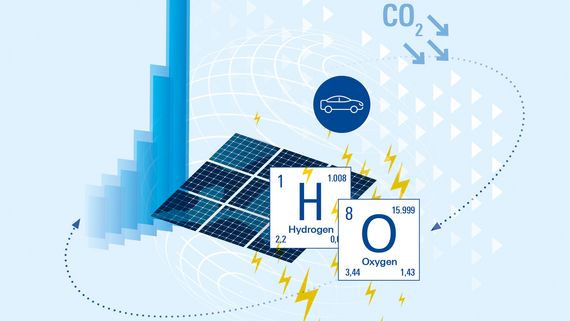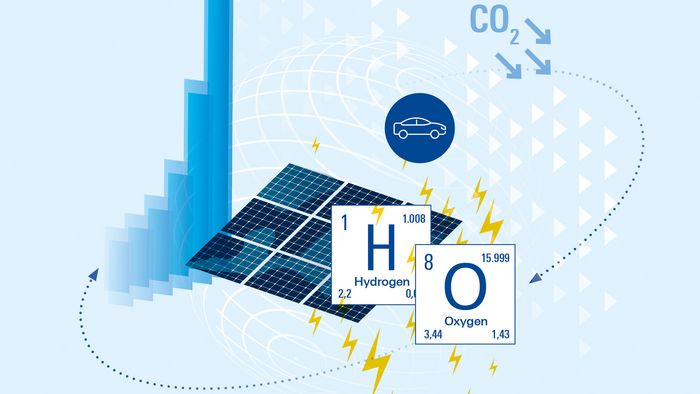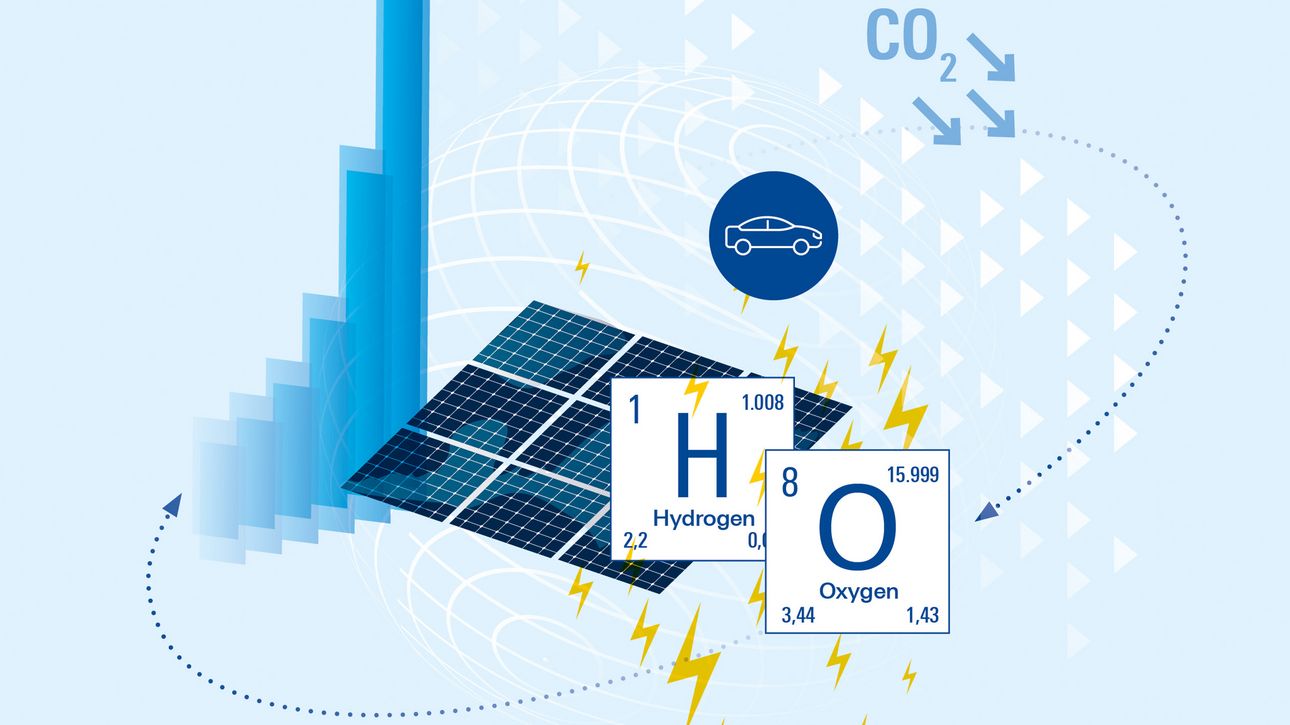Good for the climate, good for companies
THE UNITED GRINDING GROUP HAS BEEN continuously improving its environmental balance for many years, so it may now seem almost obvious that all of the eight companies have been awarded the prestigious Blue Competence ecolabel. This label is bestowed by the sustainability initiative of the equipment and facilities industry. It is only awarded to companies that regularly and demonstrably improve their efficiency and use resources sparingly.
One specific example illustrates the achievements involved: WALTER grinding machines built in 2018 consume up to 40 percent less energy than 2006 models. Furthermore, the company, based in Tübingen, Germany, has undergone an independent energy efficiency review (DIN EN 16247–1) and has joined the Tübinger climate protection pact, which aims to reduce CO2 emissions by 25 percent from 2014 to 2022 following the Paris Agreement.



Climate protection in our own interests
STUDER is also constantly concerned with the topic of sustainability. “We actively pursue environmental and climate protection in our own interests,” says Stephan Stoll, Chief Operating Officer (COO). Based in Thun, Switzerland, the company has been awarded the ISO 14001 environmental certificate and, together with in-house environmental officer Markus Rytz, has set up a management system that commits to a continuous improvement process for their environmental footprint. To increase efficiency and reduce emissions, says Stoll, STUDER recently replaced four older production machines with three new models, installed new boilers, and optimized the compressed air system in the assembly plant. They also invested in a new lighting system that uses particularly efficient LED lamps.
Solar energy
MÄGERLE in Fehraltdorf, Switzerland, is also actively preparing for the era of climate awareness. They are currently planning a rooftop solar power system to generate CO2-neutral electricity for their production plant and reduce emissions, says Chief Executive Officer (CEO) Arno Binder. They are also designing a new heating system that meets the latest efficiency criteria in coordination with the municipality of Fehraltdorf. Climate protection and clever corporate strategy are once again combined: “In times of rising energy prices,” says Binder, “this will make us self-sufficient in terms of heating, air conditioning, and electricity.”
E-mobility and hydrogen
The transition to a climate-neutral industry also opens up new opportunities, for example in the field of electromobility. Arno Binder says: “We now support many customers who manufacture electromobility products since we took over the customer care business of SCHAUDT MIKROSA.” According to Frank Fiebelkorn, Head of Research and Technology, the automotive industry is also traditionally a very important market for STUDER and is now a hotbed of exciting new product developments. “It is good news for us that Japan, China, and some EU countries are also using hydrogen for mobility purposes.” Rotationally symmetrical special parts, such as compressors, are needed to produce the fuel cells, and these have to be ground with very high precision, says Fiebelkorn, adding: “This is also good for the climate and for the company.”



